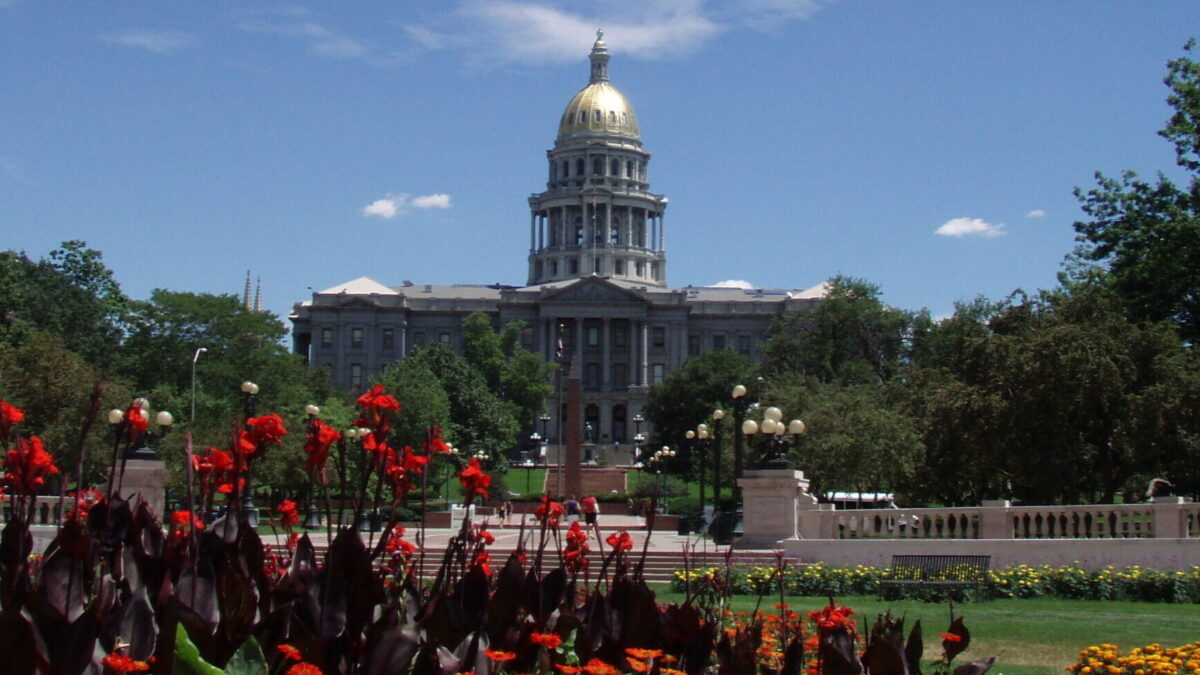Today is Tax Day, when all of us collectively send our necessary tithe to the church of the almighty bureaucracy, peace be upon them. It’s also a day to consider one reform that would be very positive for the country: reversing the 1943 law making withholding mandatory. It is a dangerous, disruptive, and absolutely necessary step to end the current tax regime.
The overwhelming majority of Americans pay their taxes by having them extracted from their paychecks before they ever see the money. Operating under the fiction that the government is giving you money as opposed to returning what it has already taken is damaging to the psyche of the nation’s taxpayers. The primary argument against such a move – that millions of irresponsible Americans in the income tax-paying classes won’t save up enough to write a giant check to the government come April 15th – encourages a viewpoint of the role of government as an entity that must constantly protect us from ourselves.
Withholding was originally mandated as a wartime step, but its continuation since then disguises the property rights involved, essentially offers the government an interest free loan, and shields taxpayers from the ramifications of federal spending. The country would be better off if everyone experienced what entrepreneurs and business owners do: writing the most sizable checks every year to the government, and watching that hard-earned money walk out the door.
Taxes are terrible, and income taxes particularly terrible (from 1789 to 1913, the American system of taxation primarily relied on a system of import duties Alexander Hamilton designed in the space of a few months). Withholding is designed to make them seem less so. Ending the withholding mandate should be a bigger priority for those who want to reform the tax code. It increases the pain, but also the awareness of what causes this pain: the people in Washington who say you work and toil and earn bread, and I’ll eat it.









